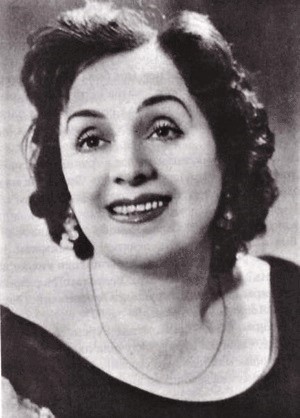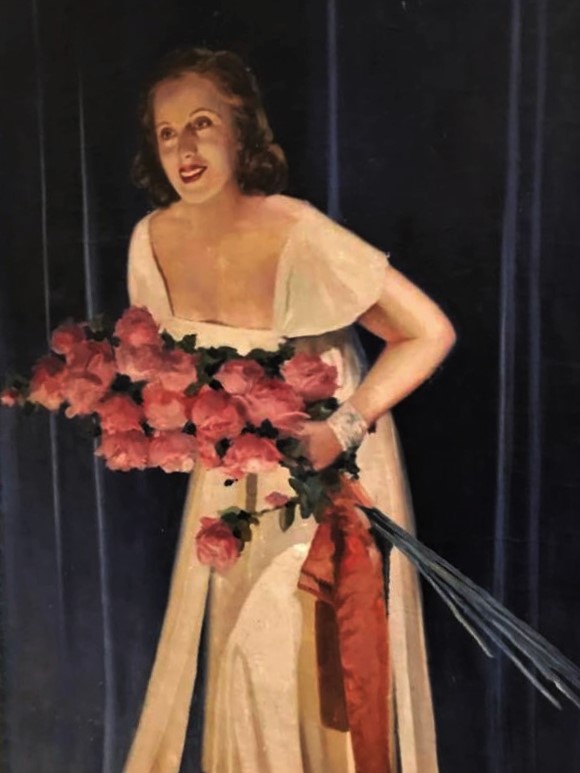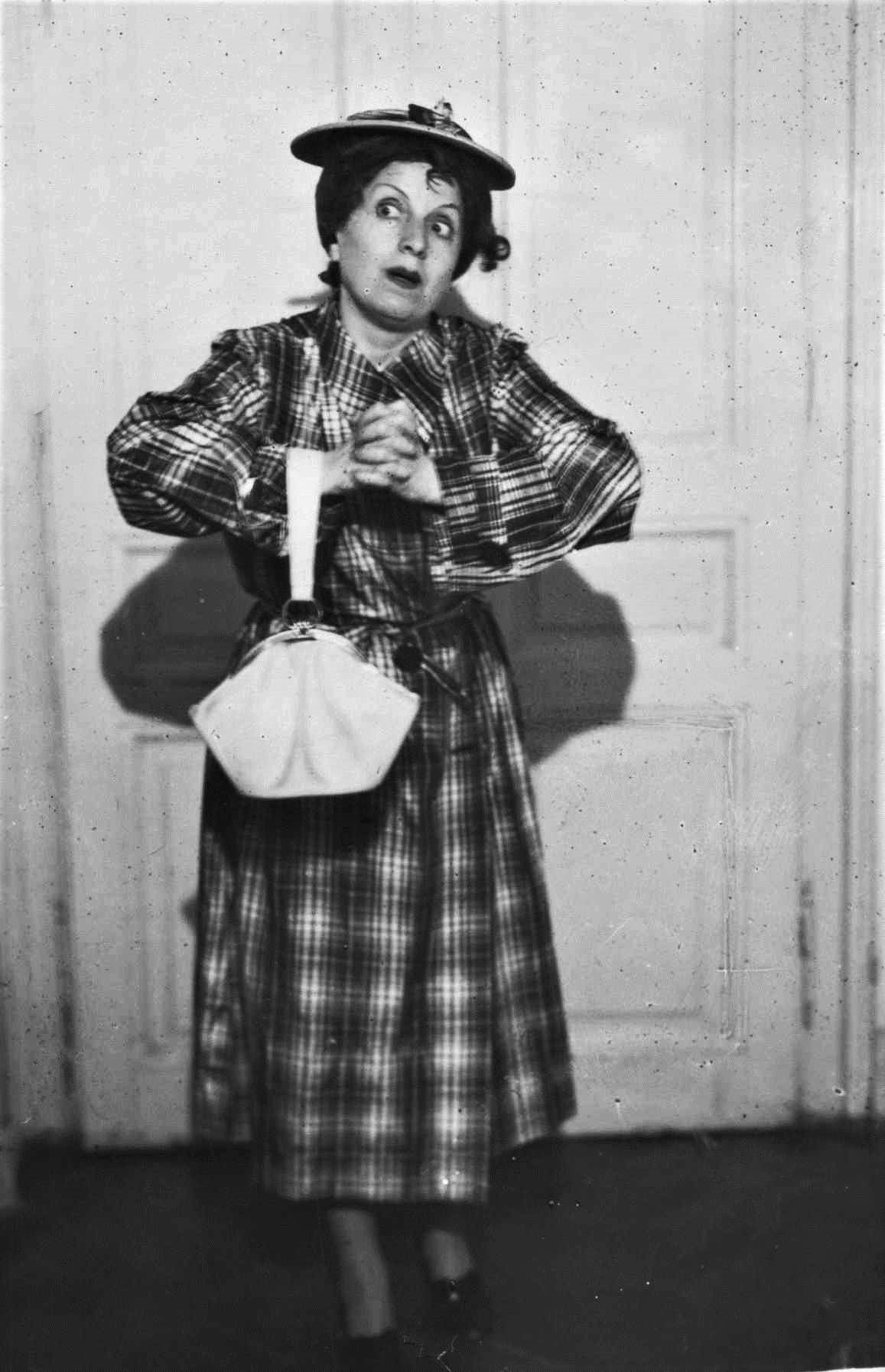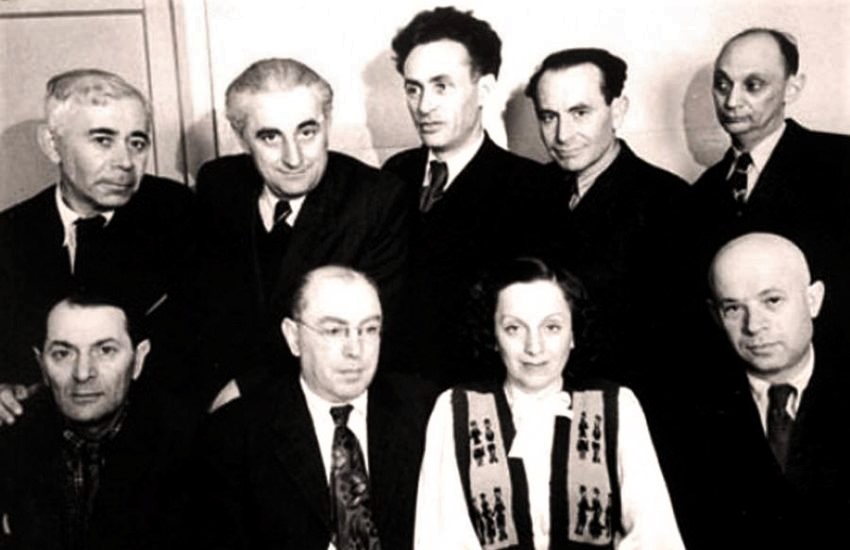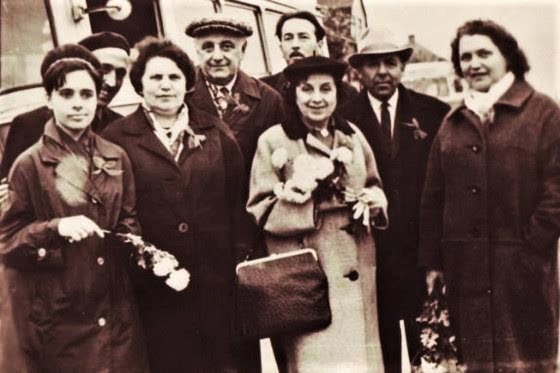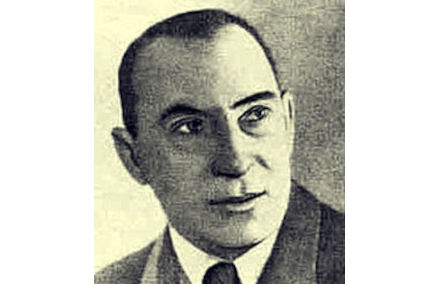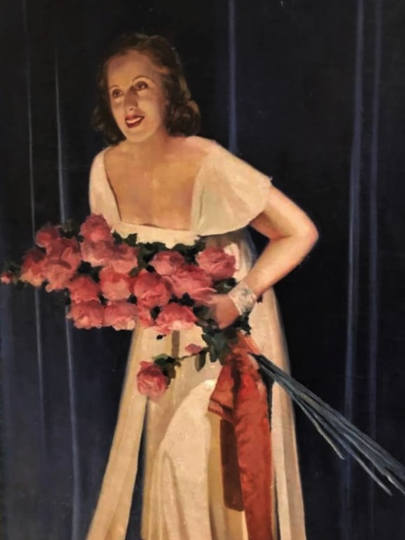 Sorele Birkental
Sorele Birkental was born on September 8, 1912, in the city of Chernivtsi (Austro-Hungarian Empire, now Ukraine). In the Ukranian dialect of Yiddish her name is pronounced
Sure or
Surele.
From early childhood, Sorele demonstrated a great acting talent, singing, dancing, performing comic and humorous scenes. She attended rehearsals of the local Jewish theater troupe, memorized monologues and songs from its performances. When she would come back home from the theater, she would reproduce everything she saw and heard in front of her family and friends. Having a good voice, at 12 she started to sing in a synagogue children’s choir. After graduating from the Jewish folk school, she entered the gymnasium; at the same time, she studied at a ballet studio. At 14, in 1926, she was accepted into the Jewish troupe of Sarah Kanner (1882-1959).
Sorele performed her first role in the operetta Shulamis by the famous Jewish playwright Avrom Goldfaden who is often considered “the father of the Jewish theater”. Later on, the young actress switched to the troupe of Pinchas Friedman, where she enjoyed great success portraying orphans and Hasidic boys. At 16, she became an actress of the Jewish theater of Chernivtsi. After graduating from the choreographic school in Bucharest, where she studied in 1930-1931, she entered the troupe of the Bucharest’s Roxy Theater. Under the pseudonym Sidi Tal, which became her permanent stage name, she played leading roles on the stage of the famous Pomul Verde Hall, and toured other Romanian cities with the same troupe.
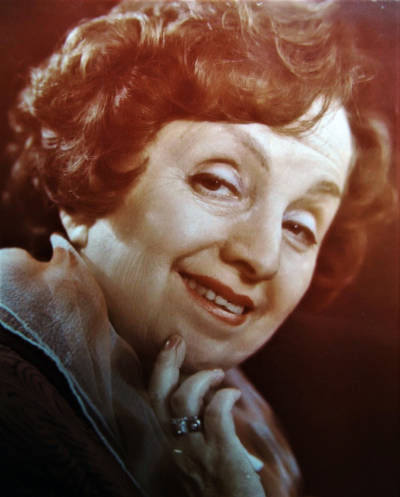
During the first half of the 1930s, Sidi Tal returned to the Jewish Theater of Chernivtsi, directed by her future husband Pinchas Falik (real name Reifer). In 1935, she was invited to the Bucharest Jewish Variety and Operetta Theater, which was directed by the well known director and Yiddish poet Yankev Shternberg, who played a key role in Tal’s creative life. At the same time, Falik became this theater’s administrator. Shortly before the Nazi occupation of Soviet Moldova in July 1941, he organized the evacuation of the Moldavian Jewish Theater to Uzbekistan. By this time, Sidi Tal was already a world famous actress. In November 1941, Tal and Falik got married.
In 1941-1942, together with her husband, Sidi Tal created a theater brigade at the Uzbek film studio, in which she performed in many military hospitals (over 400 concerts). She sang Jewish, Georgian and Uzbek folk songs for wounded Soviet soldiers. In 1943 Sidi Tal created the Jewish music ensemble at the Tashkent Concert Bureau. Until 1945, during WWII, she performed with this band across Soviet Central Asia, the Caucasus region, the Ural Mountains and Siberia, as well as at military bases, hospitals for the wounded and in front of soldiers leaving for the front (975 performances altogether).
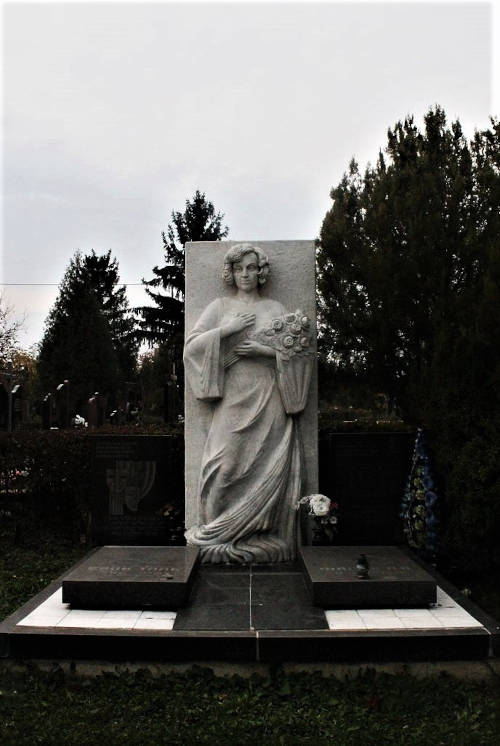
Shortly before the end of the war, in March 1945, Sidi Tal, together with her husband and the actors of their troupe, returned from Tashkent to Chernivtsi. Mikhail Kostyansky, the director of the Chernivtsi Regional Philharmonic, included the artists in the staff of the Jewish Miniatures Theater; Pinchas Falik became Kostyansky’s deputy. Unfortunately, authorities of the Ukrainian Soviet Republic demanded in 1952 to dissolve the theater. Only three performers of the previously numerous troupe remained on stage: Sidi Tal, the singer Raisa Mostoslavskaya and the reciter Yakov Goldman.
Tal toured in many Soviet cities, as well as in Romania, Poland and Hungary, performed in operettas and sang various Yiddish songs. At her concerts, she often performed the ballad Mother’s Heart by Avrom Nuger. It is a mother’s lament over her children lost in Babi Yar. The Holocaust theme occupied a prominent place in her work. Tal’s artistic talent was highly appreciated by such prominent stage celebrities as Solomon Mikhoels, Arkady Raikin and Leonid Utyosov. In turn, she was the spiritual and artistic mentor of Sofia Rotaru, David Stepanovsky and other younger artists.
Sidi Tal, Honored Artist of the Ukrainian SSR (1965), died on August 17, 1983. Many famous artists, musicians, writers and public figures sent letters and telegrams of condolences to her husband, including Arkady Raikin, Maria Mironova, Roman Kartsev, Mikhail Zhvanetsky, Ada Rogovtseva, Sergei Obraztsov, Svyatoslav Richter, Emil Gilels, Nikita Bogoslovsky, Lyudmila Zykina, Joseph Kobzon, Edita Piekha, etc. There is a monument of Sidi Tal on the central alley of the Chernivtsi city cemetery; memorial plaques dedicated to her are installed on the house where she lived and on the facade of the Chernivtsi Regional Philharmonic. One of the city’s streets is named after her as well.
A number of Yiddish songs and poems performed by Sidi Tal were preserved on vinyl records. We invite the readers of our website to enjoy systematic reconstructions of these historical productions. Each video clip is accompanied by portraits of the actress, posters of her concerts and other unique archival photos.
In the future, we plan to publish more detailed materials at our disposal about the life and work of this great actress, who played a highly important role in the development of Yiddish theater and the preservation of Yiddish culture in the USSR.
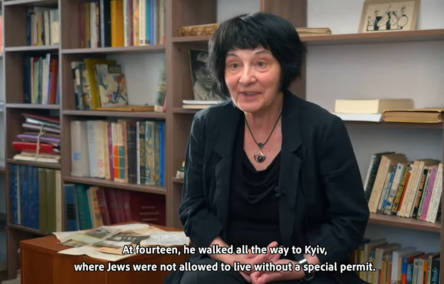
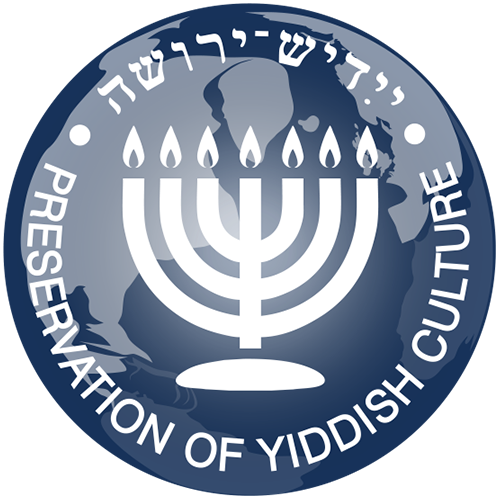
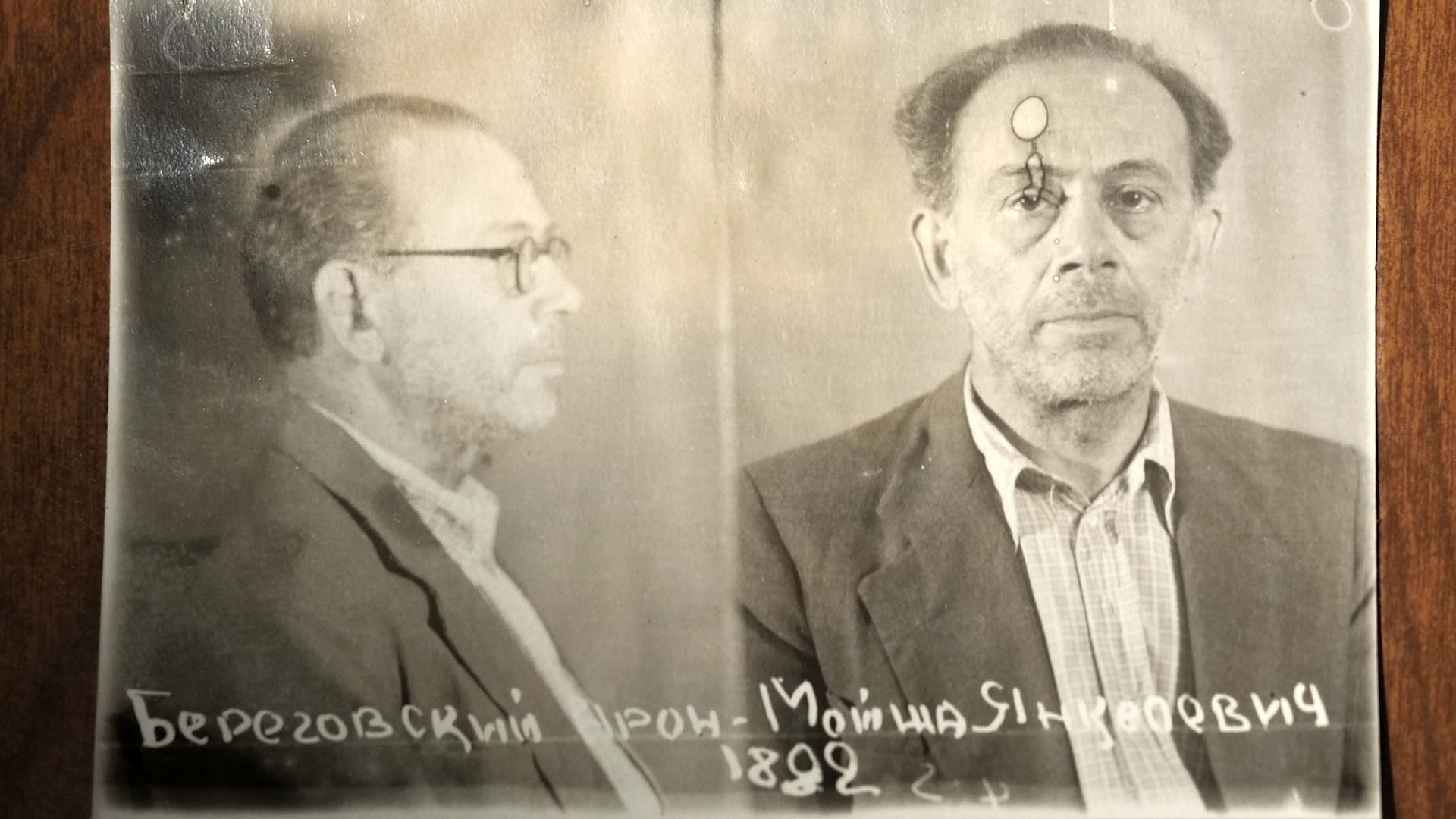
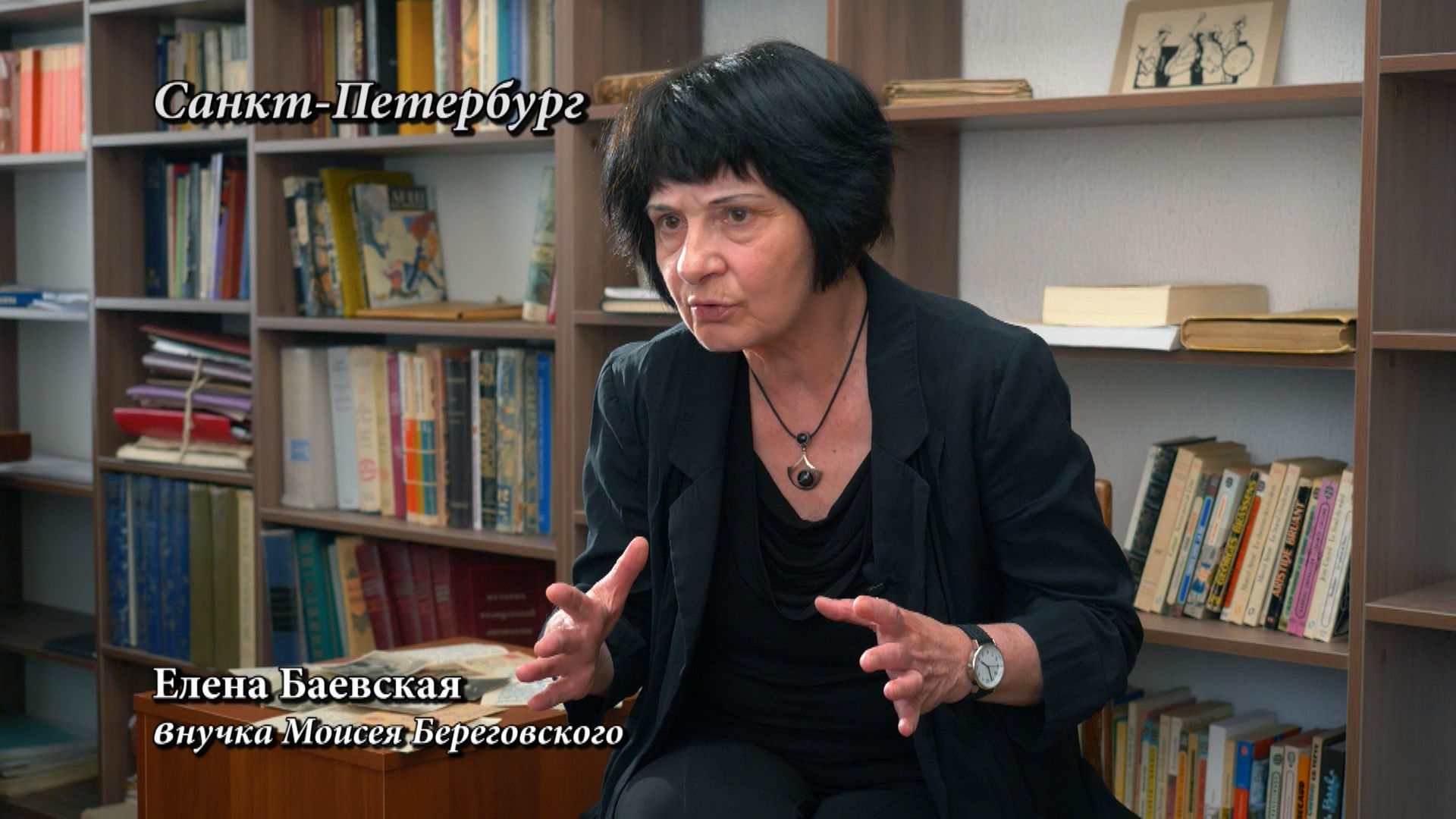
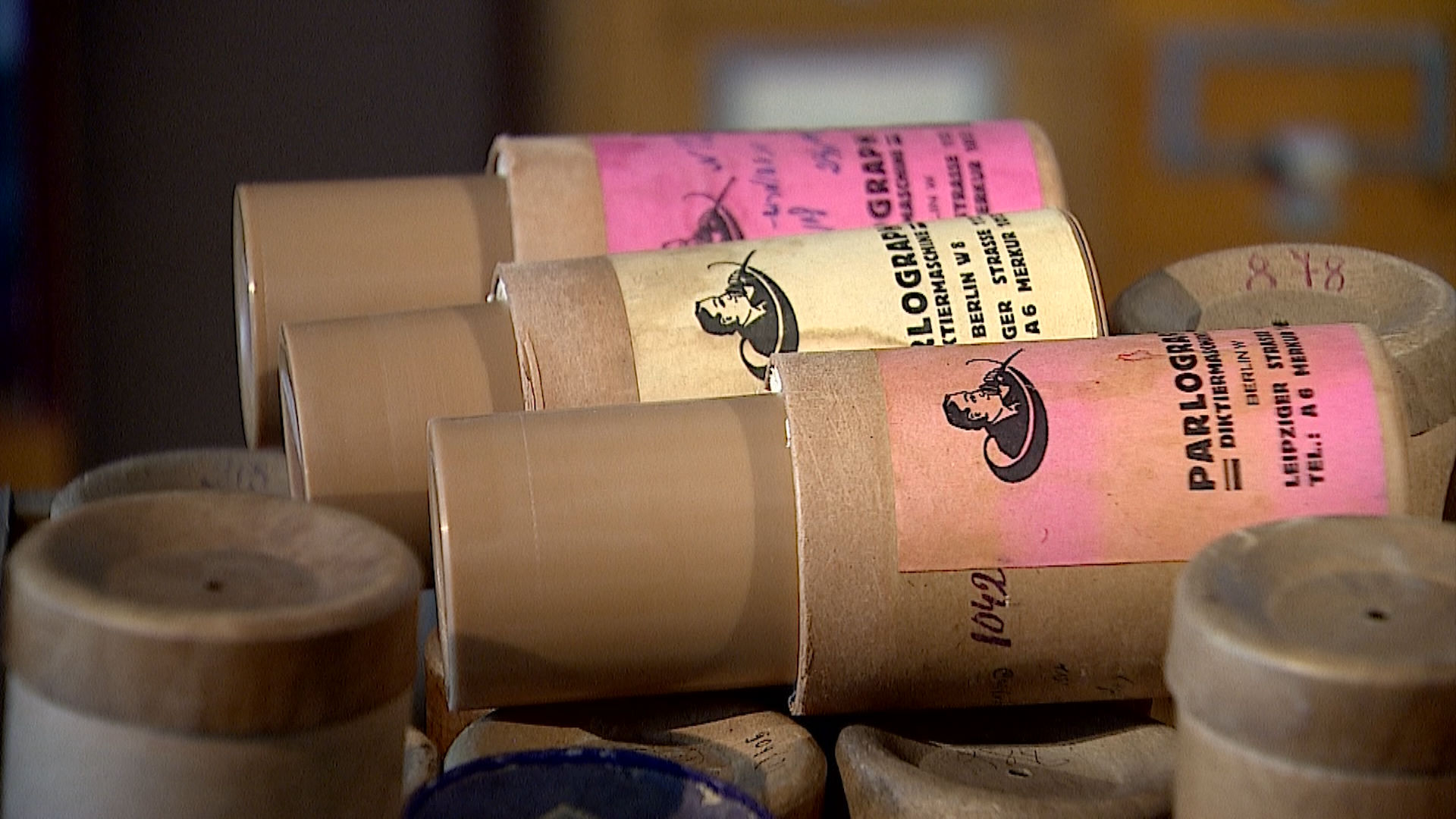
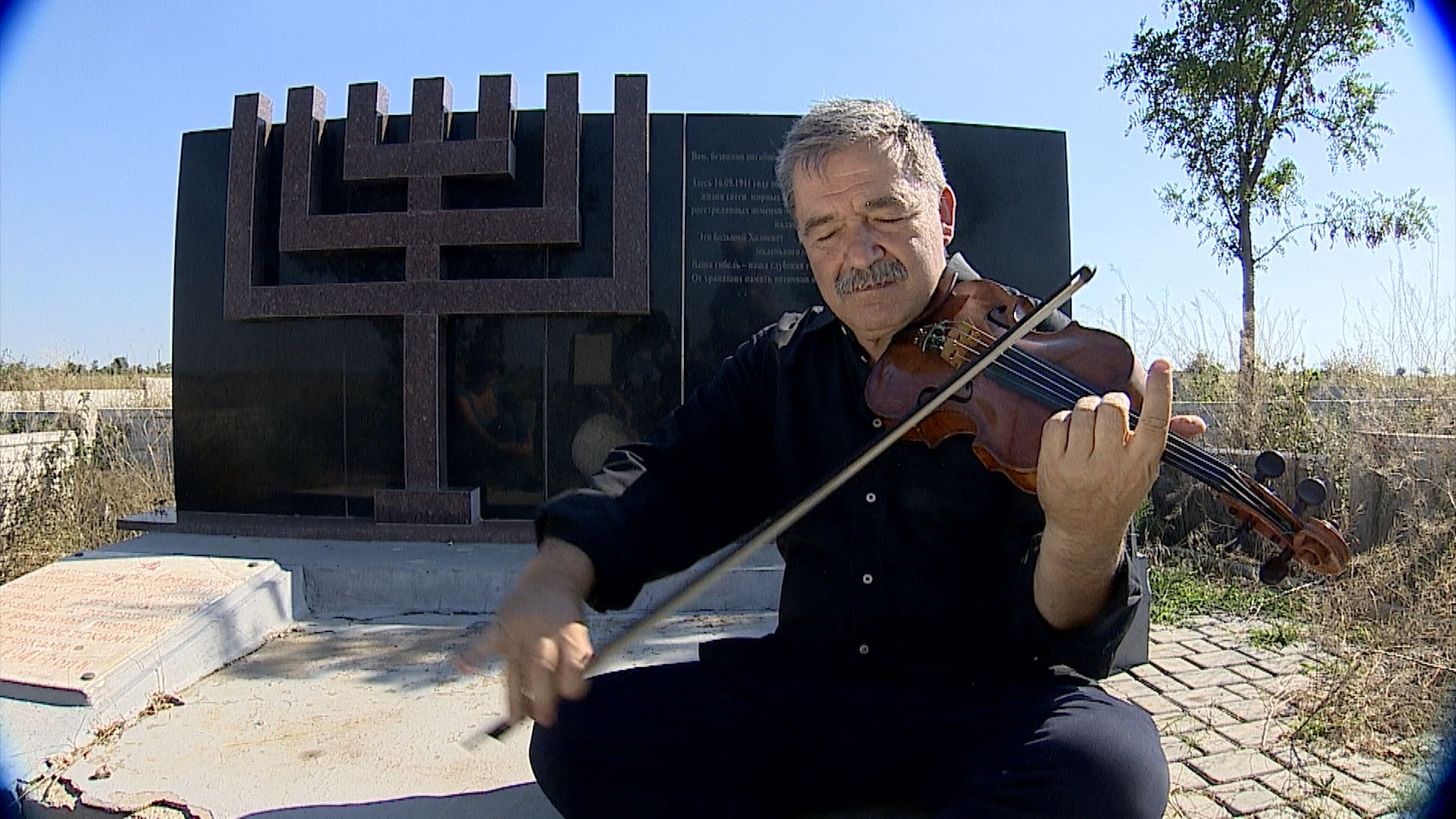
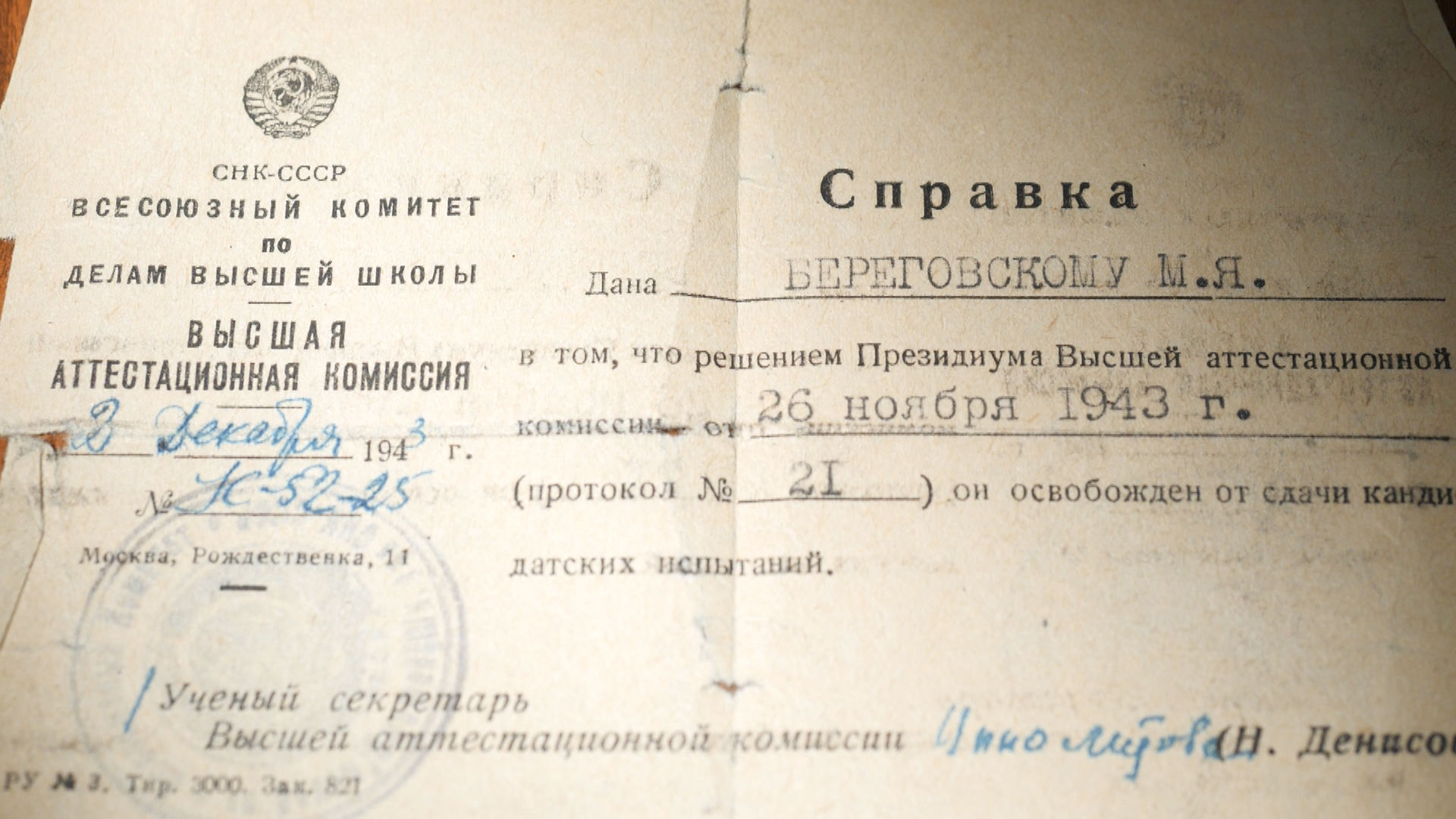
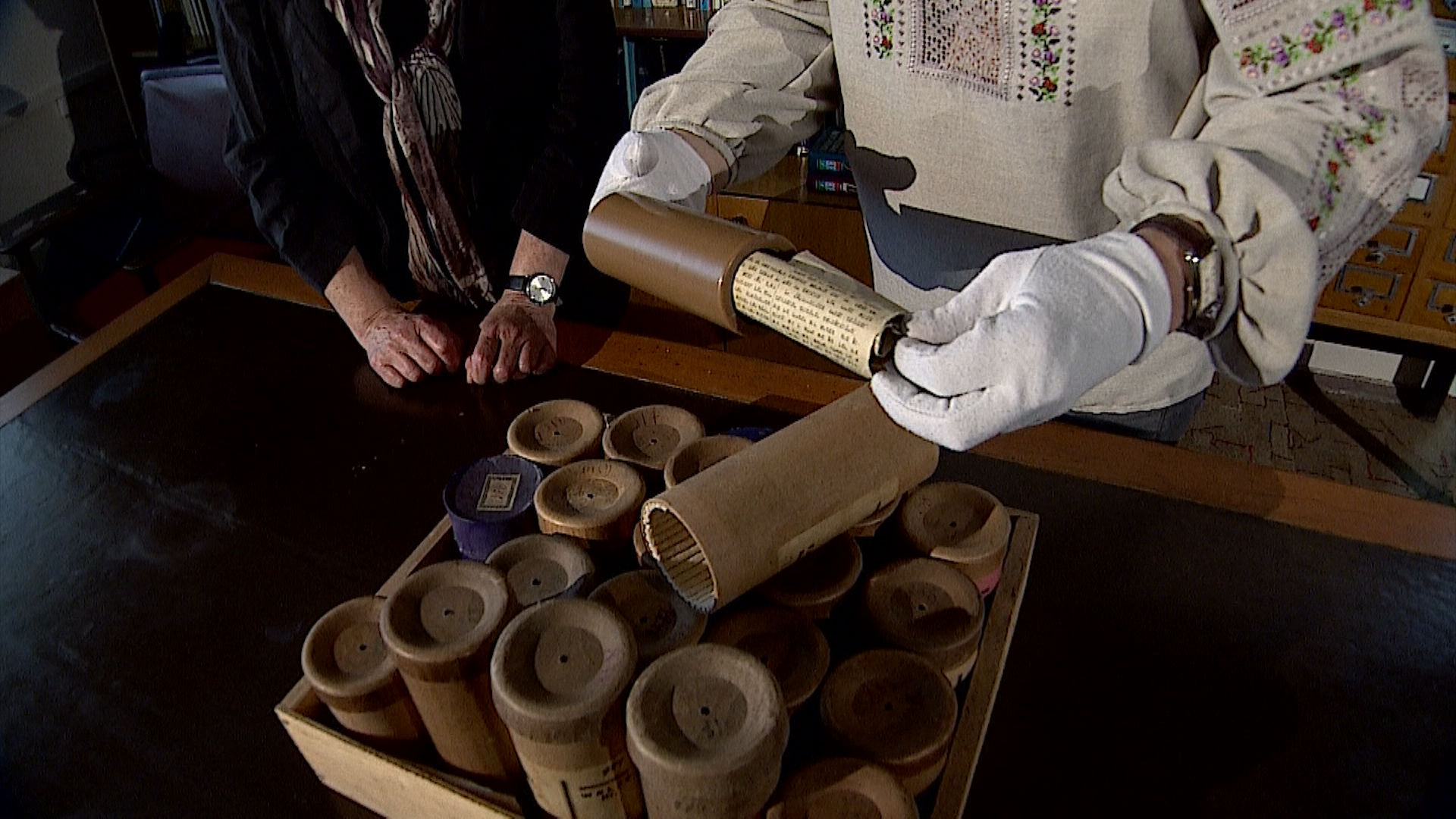
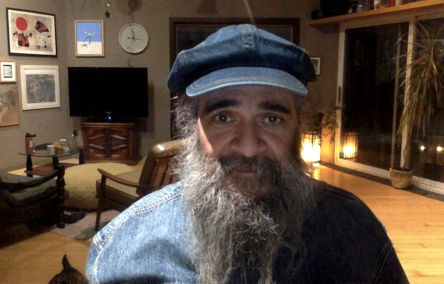
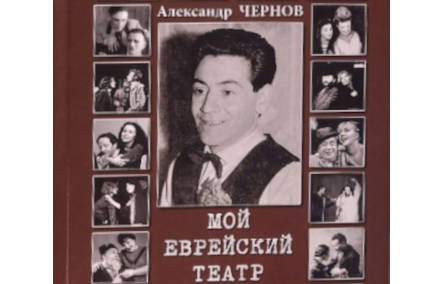
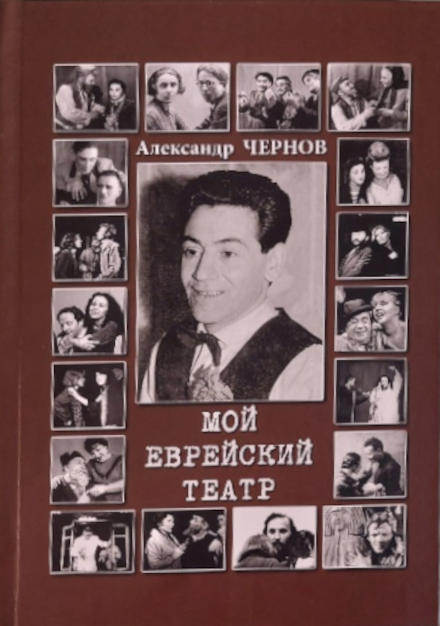 The Tel Aviv publishing house Beit Nelli published Alexander Chernov’s monumental documentary volume “My Jewish Theatre”. The book, written in Russian, with 450 pages of text and about 350 illustrations, is devoted almost entirely to the history of the Moscow Jewish Drama Ensemble (since 1988 – Moscow Jewish Theater Shalom). The ensemble was created in 1962 by a group of former GOSET (Moscow State Jewish Theatre) actors headed by Binyomin (Veniamin) Schwarzer.
The Tel Aviv publishing house Beit Nelli published Alexander Chernov’s monumental documentary volume “My Jewish Theatre”. The book, written in Russian, with 450 pages of text and about 350 illustrations, is devoted almost entirely to the history of the Moscow Jewish Drama Ensemble (since 1988 – Moscow Jewish Theater Shalom). The ensemble was created in 1962 by a group of former GOSET (Moscow State Jewish Theatre) actors headed by Binyomin (Veniamin) Schwarzer.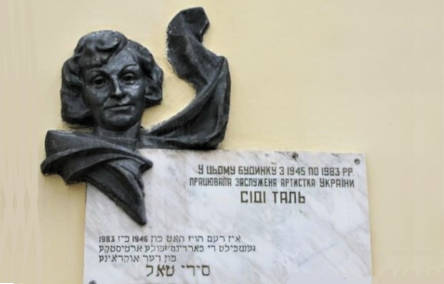

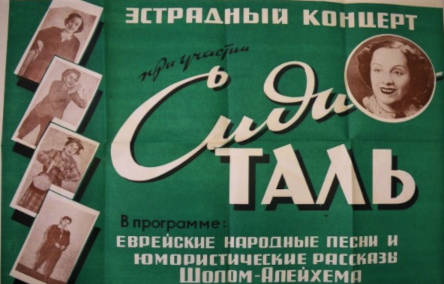
 Sorele Birkental was born on September 8, 1912, in the city of Chernivtsi (Austro-Hungarian Empire, now Ukraine). In the Ukranian dialect of Yiddish her name is pronounced Sure or Surele.
Sorele Birkental was born on September 8, 1912, in the city of Chernivtsi (Austro-Hungarian Empire, now Ukraine). In the Ukranian dialect of Yiddish her name is pronounced Sure or Surele. During the first half of the 1930s, Sidi Tal returned to the Jewish Theater of Chernivtsi, directed by her future husband Pinchas Falik (real name Reifer). In 1935, she was invited to the Bucharest Jewish Variety and Operetta Theater, which was directed by the well known director and Yiddish poet Yankev Shternberg, who played a key role in Tal’s creative life. At the same time, Falik became this theater’s administrator. Shortly before the Nazi occupation of Soviet Moldova in July 1941, he organized the evacuation of the Moldavian Jewish Theater to Uzbekistan. By this time, Sidi Tal was already a world famous actress. In November 1941, Tal and Falik got married.
During the first half of the 1930s, Sidi Tal returned to the Jewish Theater of Chernivtsi, directed by her future husband Pinchas Falik (real name Reifer). In 1935, she was invited to the Bucharest Jewish Variety and Operetta Theater, which was directed by the well known director and Yiddish poet Yankev Shternberg, who played a key role in Tal’s creative life. At the same time, Falik became this theater’s administrator. Shortly before the Nazi occupation of Soviet Moldova in July 1941, he organized the evacuation of the Moldavian Jewish Theater to Uzbekistan. By this time, Sidi Tal was already a world famous actress. In November 1941, Tal and Falik got married. Shortly before the end of the war, in March 1945, Sidi Tal, together with her husband and the actors of their troupe, returned from Tashkent to Chernivtsi. Mikhail Kostyansky, the director of the Chernivtsi Regional Philharmonic, included the artists in the staff of the Jewish Miniatures Theater; Pinchas Falik became Kostyansky’s deputy. Unfortunately, authorities of the Ukrainian Soviet Republic demanded in 1952 to dissolve the theater. Only three performers of the previously numerous troupe remained on stage: Sidi Tal, the singer Raisa Mostoslavskaya and the reciter Yakov Goldman.
Shortly before the end of the war, in March 1945, Sidi Tal, together with her husband and the actors of their troupe, returned from Tashkent to Chernivtsi. Mikhail Kostyansky, the director of the Chernivtsi Regional Philharmonic, included the artists in the staff of the Jewish Miniatures Theater; Pinchas Falik became Kostyansky’s deputy. Unfortunately, authorities of the Ukrainian Soviet Republic demanded in 1952 to dissolve the theater. Only three performers of the previously numerous troupe remained on stage: Sidi Tal, the singer Raisa Mostoslavskaya and the reciter Yakov Goldman.